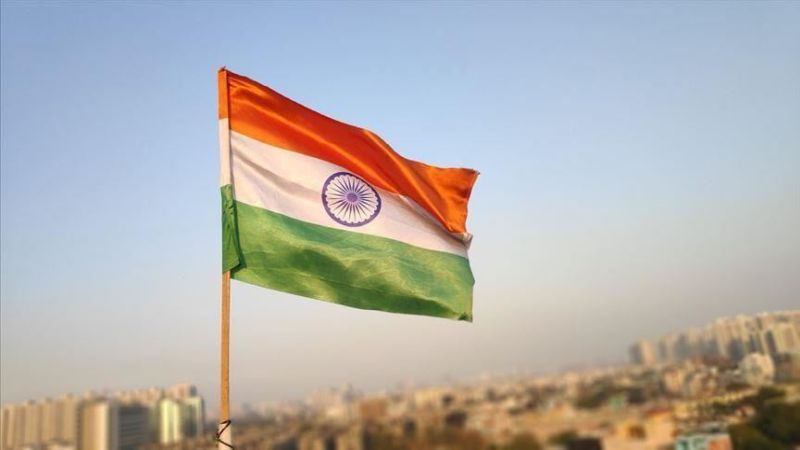These new rules require social media companies with over 5 million users in India to enable traceability of end-to-end encrypted messages. Not forgetting the fact that they’re also required to have a chief compliance officer, a nodal contact person, and a grievance officer — all three of whom are required to be residents of India. Twitter originally tried to bypass the rules by appointing an India-based lawyer as their nodal contact person and grievance officer. However, the company’s attempt was shot down by New Delhi officials, who stated that these positions are required to be filled by a direct employee.
The relationship between Twitter and the Indian government has been strained as of late, especially with the company’s recent accusation against the country’s authorities of using intimidation towards Twitter employees. According to the social media giant, Delhi police recently visited Twitter offices to “serve a notice” about an investigation into its intel which classified tweets by Indian politicians as misleading. WhatsApp, on the other hand, has complied with most of the new rules except for the requirement about traceability, which resulted in the Indian government getting sued instead. The Facebook-owned messaging service pleaded that adhering to this particular law would risk compromising the privacy of its users.
It is unclear at this point whether Apple (which operates iMessage) and Signal have complied with the new IT laws in India. Given both companies’ strong push on user privacy, it will be interesting to see what actions they will take in order to protect their respective user base. (Sources: TechCrunch, Business Insider, The Economic Times)

